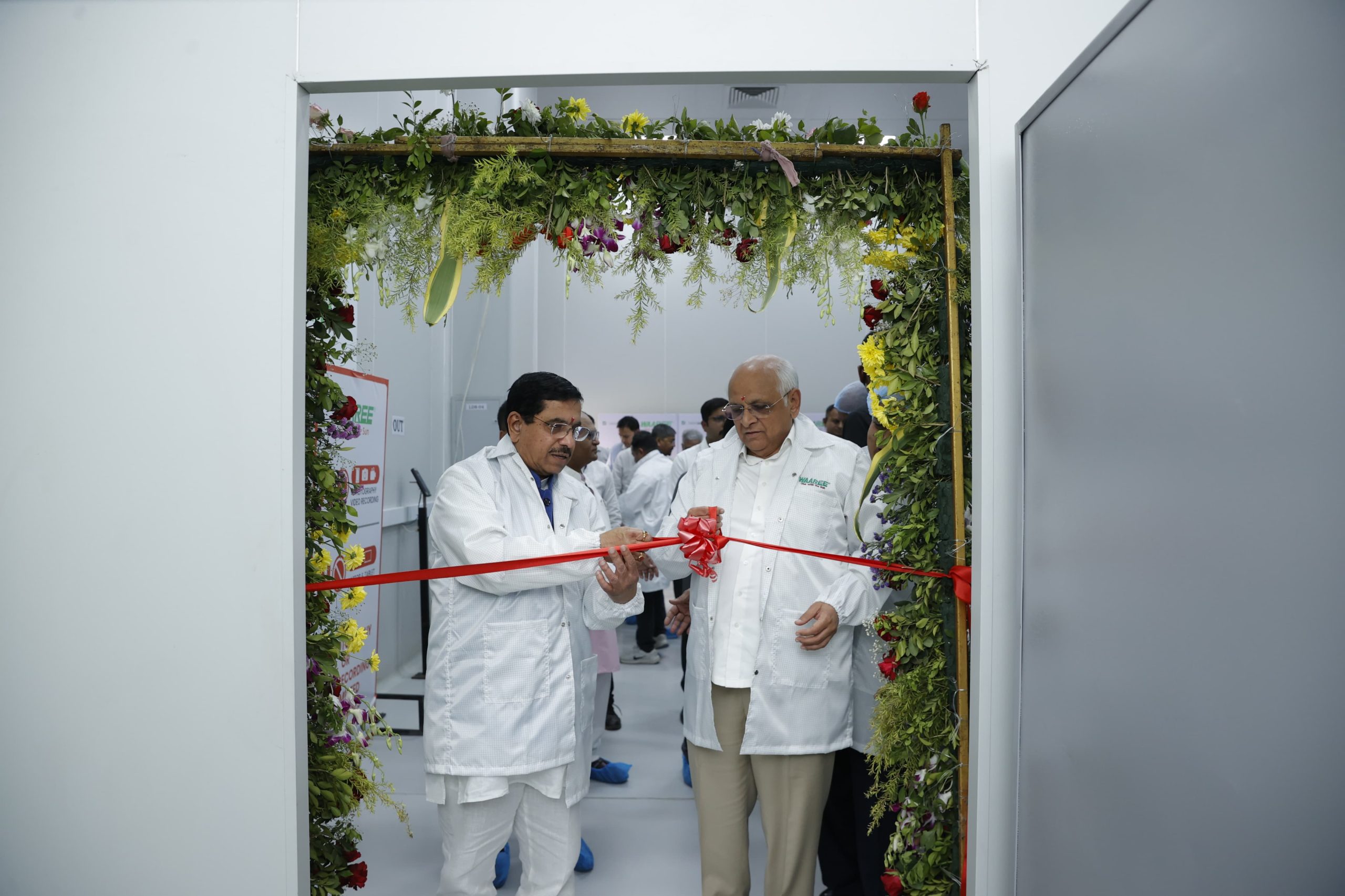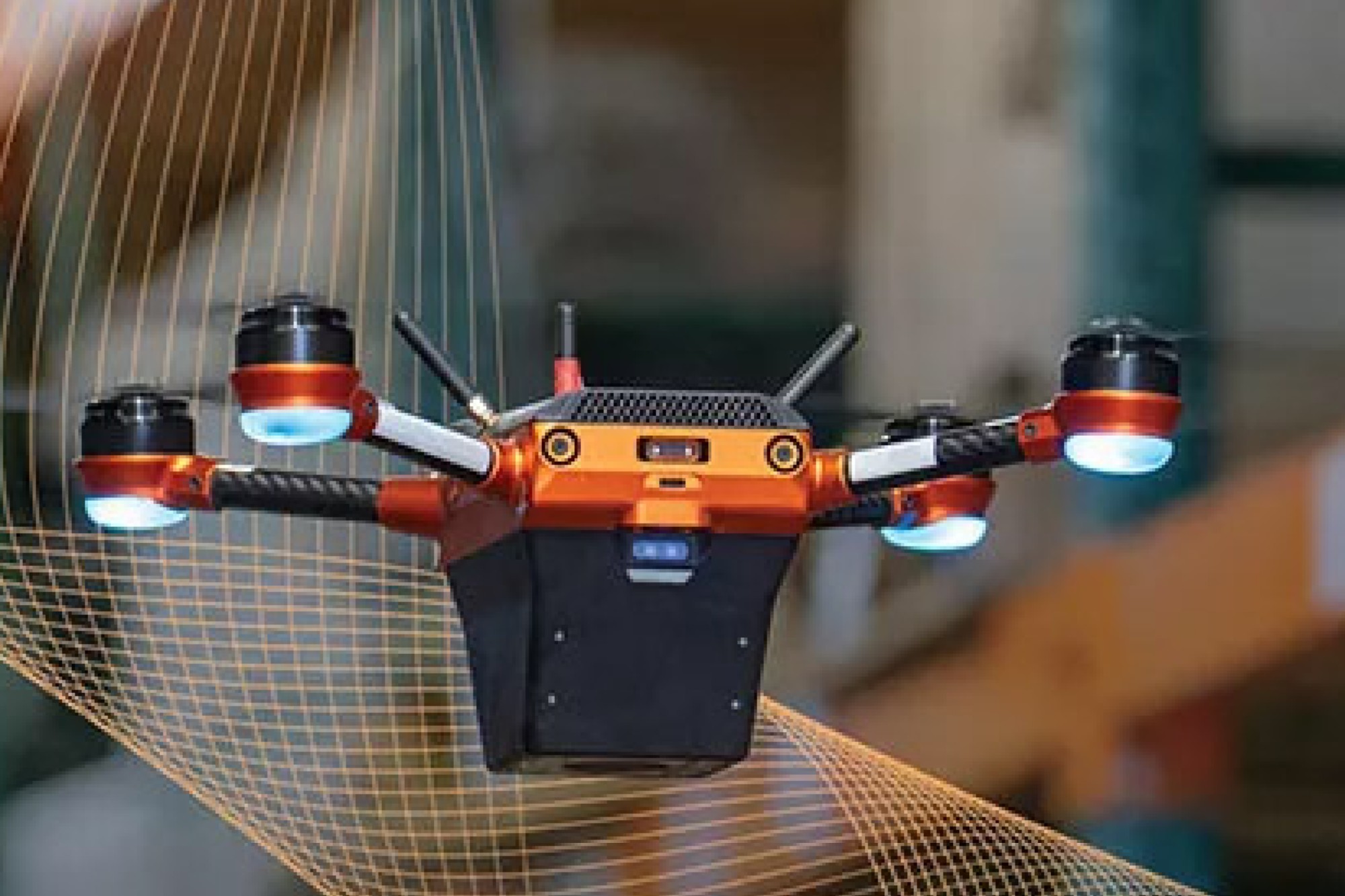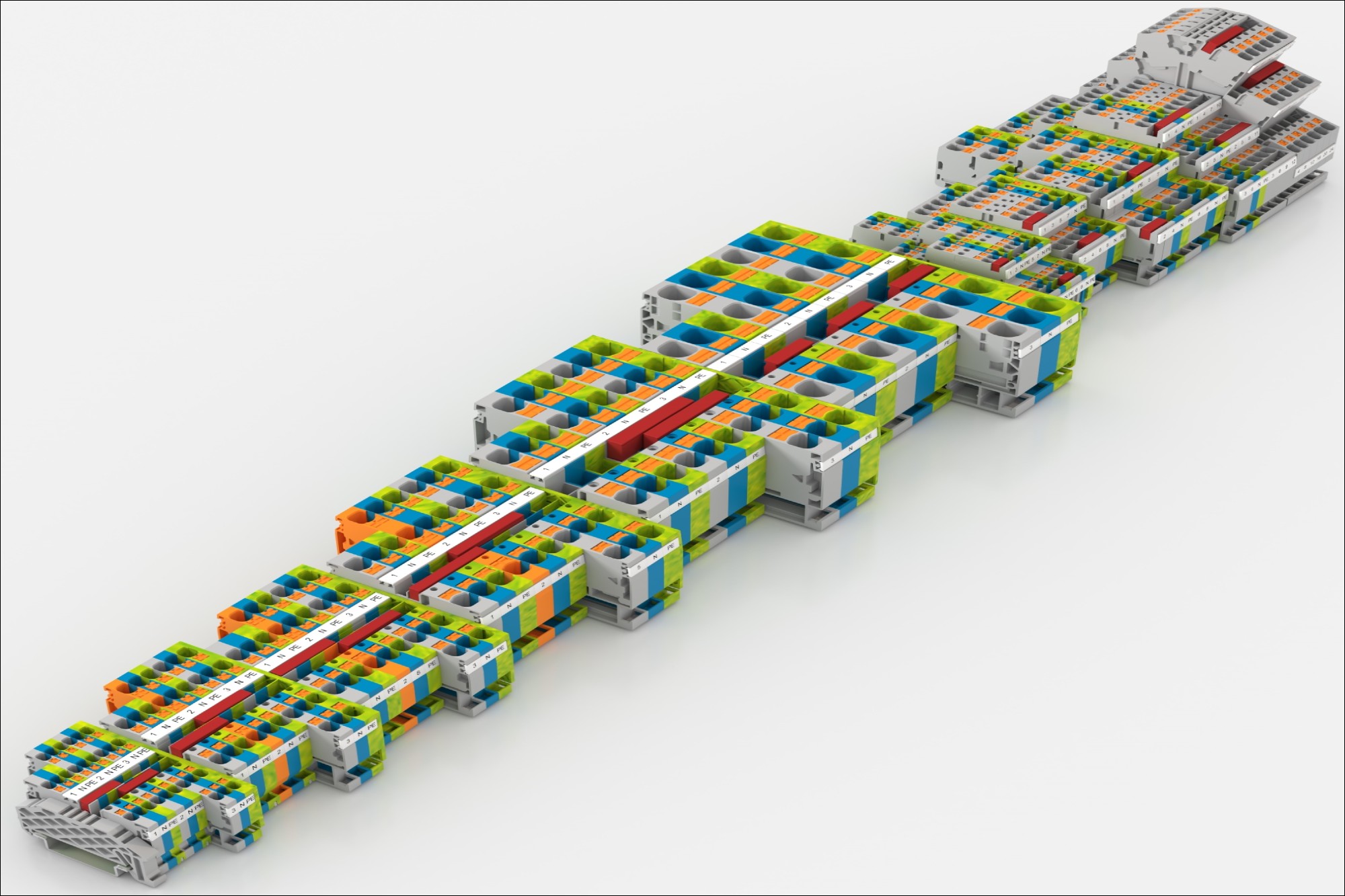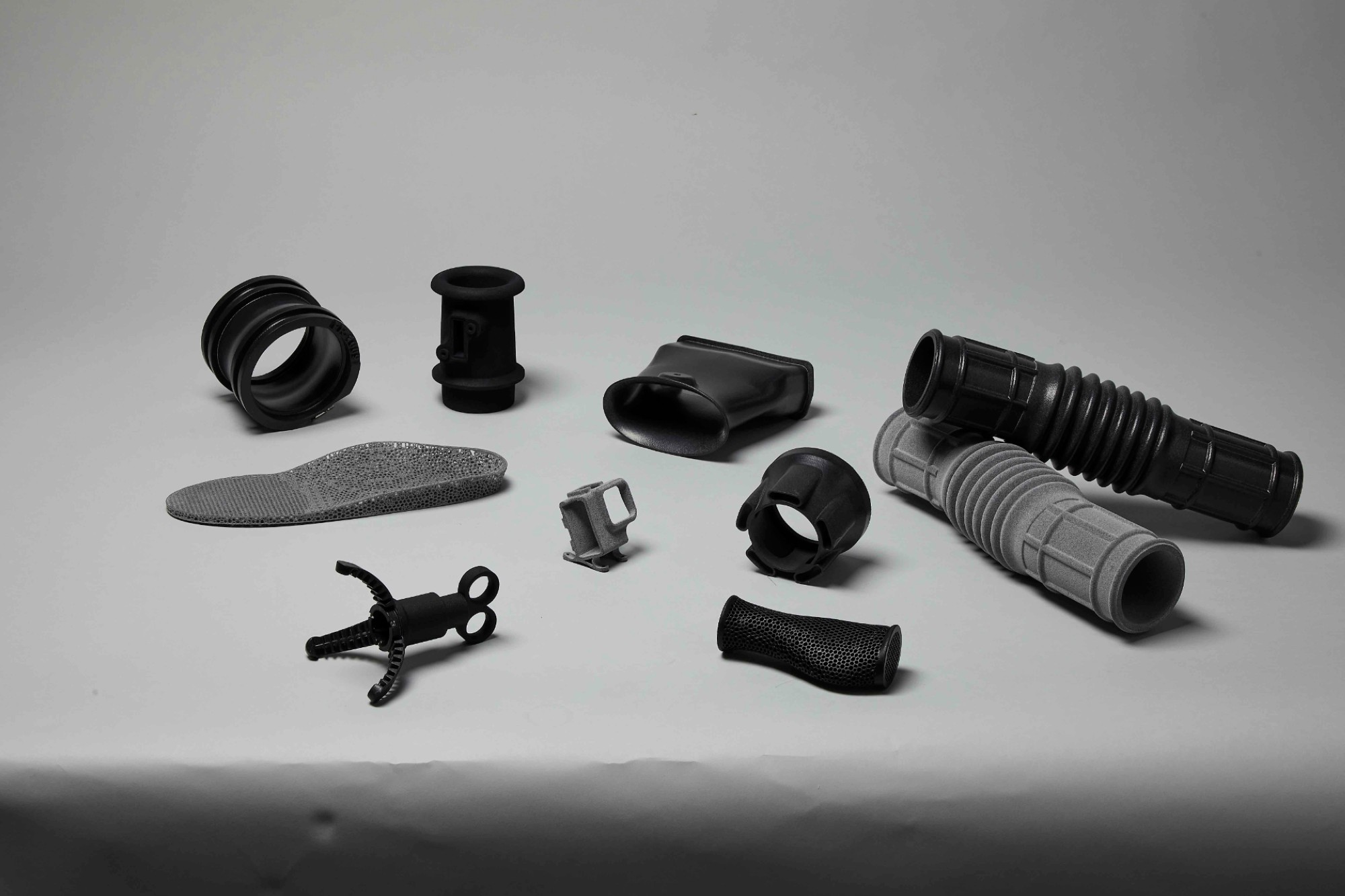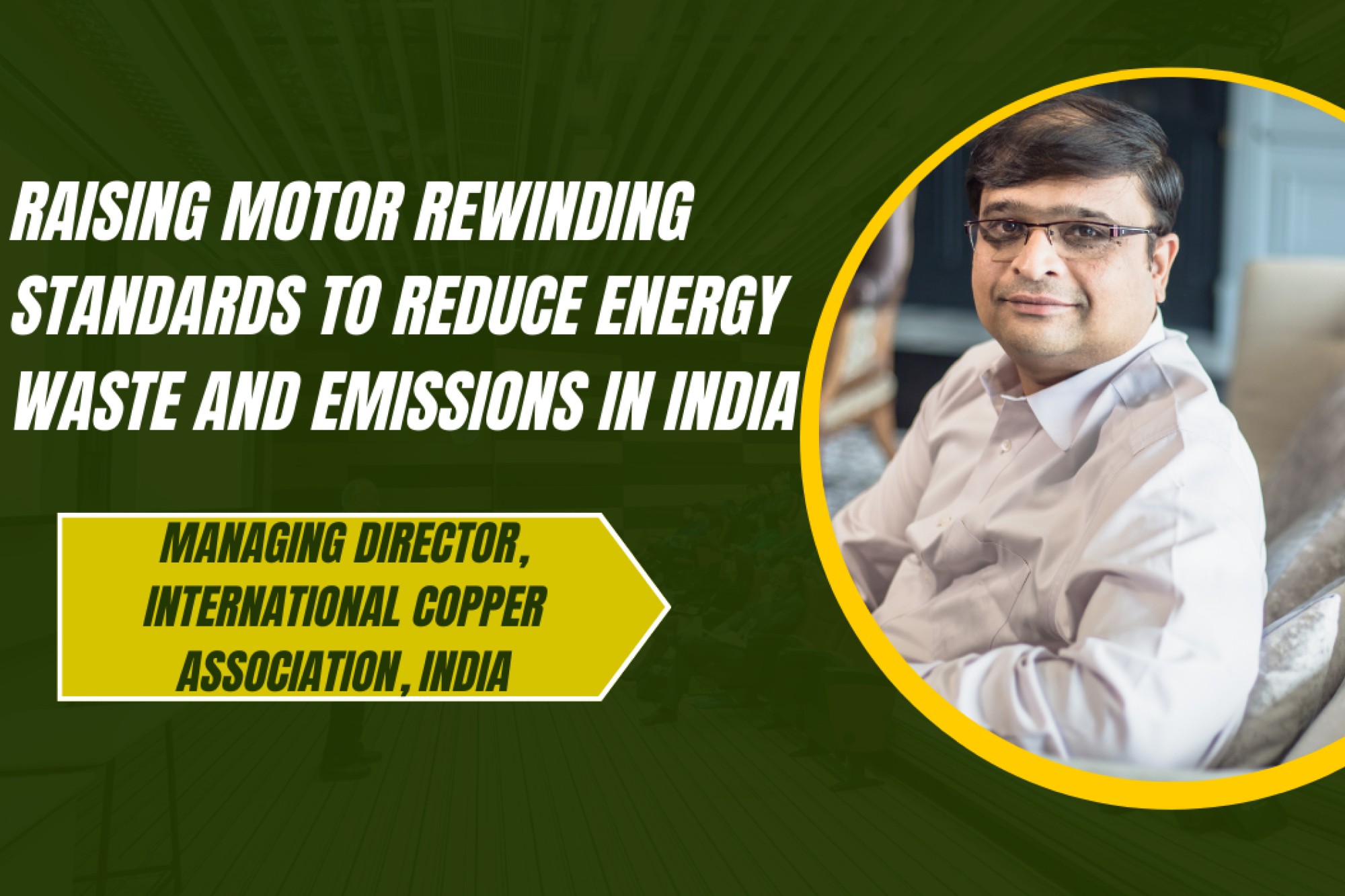IoT and big data analytics revolutionise manufacturing efficiency
By OEM Update Editorial June 5, 2024 5:16 pm IST
This interview provides insights into optimising manufacturing operations and encouraging sustainable growth. It features perspectives from industry leaders like Deepak Pahwa, Chairman of Pahwa Group and Managing Director of Bry-Air, on leveraging emerging technologies, scaling strategies, and the impact of initiatives like Make in India.
How can manufacturers leverage emerging technologies to scale up manufacturing?
In the quest for scaling the manufacturing process, integrating IoT into the equipment can play a significant role in collating real-time data based on machine performance, maintenance needs, and production metrics. Along similar lines, Big Data Analytics bodes well for thorough analysis of large volumes of manufacturing data while identifying patterns and comes with the ability to make data-driven decisions. Consequently, the technology aims to improve the efficiency of the process while reducing downtime and focusing on maximising resource utilisation.
Manufacturers can further fortify their production with the help of Value Analyses, allowing systematic review of product design and processes to reduce total production costs while upholding the quality of the product and functionality. Moreover, incorporating lean manufacturing principles of Just-in-Time production, continuous improvement, and waste reduction immensely contributes to optimising workflows and minimising inefficiencies.
In addition, supporting manufacturing with waste reduction strategies such as recycling, reusing, and reducing materials can go a long way in minimising the overall cost of procuring raw materials. Likewise, employing supply chain management systems proactively assists in upgrading inventory levels while reducing supply chain disruption and transportation costs. In the process, resorting to energy-efficient solutions comes in handy to curtail the environmental impact of the manufacturing process. It also contributes to reducing energy consumption and decreasing operational costs simultaneously.
How does Bry-Air implement sustainable manufacturing practices while leveraging technology like Industry 4.0 and AI?
Bry-Air is at the forefront of implementing sustainable manufacturing practices to reduce its environmental footprint. To achieve this purpose, we have undertaken initiatives such as energy-efficient lighting, waste reduction, recycling programs, and eco-friendly materials and processes.
In our pursuit of maximising manufacturing efficiency, we continuously adopt cutting-edge technology and fully embrace digitisation and the principles of Industry 4.0. The fourth industrial revolution comes with the ability to empower businesses by improving processes, enhancing quality, and lowering costs. At the same time, the organisation utilises the benefits of AI to the fullest, enabling real-time analysis of massive data deluges. The quality management systems allow regulatory compliance and quality assurance to safeguard product quality and safety and minimise risks while enhancing customer satisfaction.
Complying with industry trends, Bry-Air uses advanced novel materials for manufacturing that are laden with superior properties and demonstrate enhanced strength, durability, and performance. We also ensure regular training and skills development programs for employees to empower their capabilities to leverage new technologies. At the same time, this opens the gateway for driving continuous improvement in handling manufacturing operations.
How can the scaling-up process in the manufacturing sector improve operational efficiency?
The manufacturing sector can address the challenges by closely monitoring the various facets of its operations. Regularly assessing current operations entails analysing the production process, equipment performance, resource utilisation, and supply chain dynamics. This bodes well for identifying inefficiencies, bottlenecks, and areas for improvement.
Similarly, the constant focus should be streamlining production workflows and enhancing manufacturing processes. Here, implementing lean manufacturing principles, reconfiguring layout designs, and standardising operating procedures can go a long way towards eliminating waste, reducing cycle times, and improving overall efficiency. At the same time, dwelling on quality control measures, manufacturers can maintain product quality and consistency while scaling up production. This can majorly be done with the help of statistical process control (SPC) techniques, conducting regular quality audits, and deploying quality assurance systems.Monitoring processes with the help of key performance indicators (KPIs) and performance metrics can go a long way in augmenting manufacturing operations. The ability to conduct regular tracking and analysis of performance data gives access to identifying areas for improvement while enabling data-driven decisions.
How can organisations promote empowerment and continuous learning while assessing training needs?
To begin with, organisations should work towards streamlining senior leadership and managers’ proactively participating in training programs supported by skill-building initiatives. This would motivate employees to follow in the footsteps of seniors, ultimately championing a culture of empowerment.
It is essential to conduct a comprehensive assessment to address the organisation’s training needs and identify areas where employees require upskilling and reskilling. Surveys, performance evaluations, or feedback sessions can help understand individual and team development gaps.
Organisations should balance providing guidance and support while empowering employees to take ownership of their work and allowing them to make decisions at all levels. Opening the communication channels ensures a collaborative environment where employees feel comfortable sharing ideas, feedback, and concerns. Regularly evaluating the impact of training and development efforts on employee performance, productivity, and job satisfaction ensures continuous improvement and alignment with organisational goals. Finally, recognition and rewards motivate employees to engage in constant learning and development efforts.
How can organisations ensure sustainable scaling of operations to meet evolving industry trends?
Working requires scaling up operations to meet the evolving trends of the industry. However, failing to adapt to the operational approach during the scaling-up process can give rise to unsustainable outcomes. The large-scale demand projected in the market outpaces the capabilities of existing processes and resources, accounting for inefficiencies, quality control issues, and even straining the finances. Along with this, evolving market dynamics, employee engagement, and customer expectations require proactive adaptation to maintain relevance and success. The inability to make adjustments can severely jeopardise the entire endeavour by giving rise to operational hurdles, financial instability, and diminished competitiveness in the long term. Therefore, focusing on sustainable scaling by resorting to a flexible and adaptive approach achieves the two-fold task of alignment with evolving needs and maximising opportunities.
How can the Make in India initiative boost scale-up manufacturing for global competitiveness?
The Make in India initiative has various advantages that give the desired impetus to the manufacturing sector. Bolstering the prospects of self-reliance and national security, the initiative aims at significantly reducing the country’s import dependency. It comes with opportunities to create jobs to stimulate economic growth. At the same time, it opens the gateway for attracting foreign investment that fortifies industrial expansion and enhances global competitiveness, ultimately enhancing export opportunities. Facilitating infrastructure development encourages technology integration to drive innovation and boost productivity and quality. In the process, resilient infrastructure also improves the connectivity and efficiency of the sector. The initiative contributes to a more balanced development by navigating opportunities for diversification across industries.
Cookie Consent
We use cookies to personalize your experience. By continuing to visit this website you agree to our Terms & Conditions, Privacy Policy and Cookie Policy.




